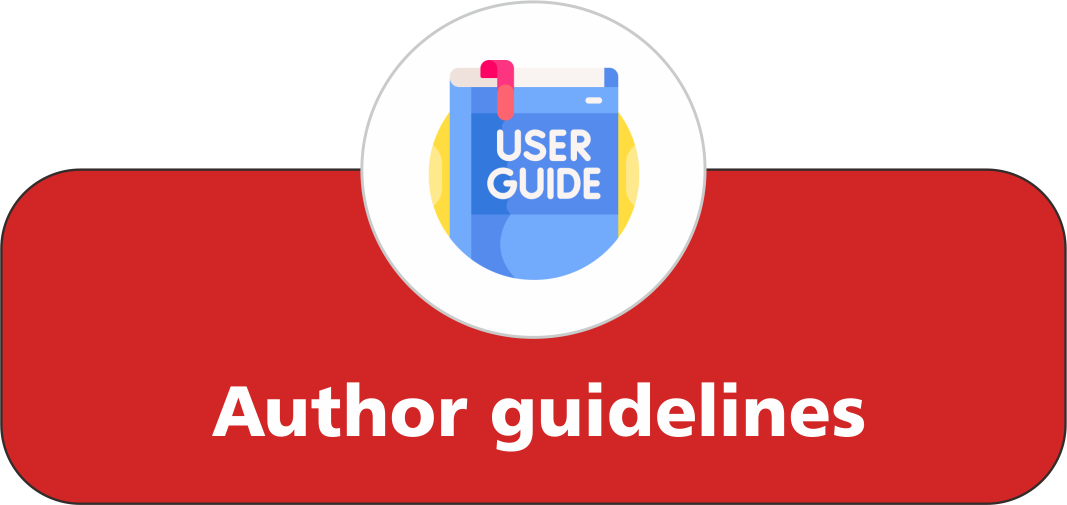Health-Related Factors and Teaching Performance of Physical Education Teachers Amidst COVID-19 Pandemic
 ), Vivencio L. Calixtro Jr(2),
), Vivencio L. Calixtro Jr(2),
(1) Sultan Kudarat
(2) Bohol Island State University
 Corresponding Author
Corresponding Author
Abstract
Keywords
References
Aquino, J. M. D. (2023). Assessing the role of recreational activities in physical education participation of college students in one state university in Laguna Philippines. International Journal of Multidisciplinary Sciences, 1(2), 190- 204.
Backman, E., Pearson, P., and Forrest, G. J. (2019). The value of movement content knowledge in the training of Australian PE teachers: perceptions of teacher educators. Curriculum Studies in Health and Physical Education, 10(2), 187-203.
Centeio, E., Mercier, K., Garn, A., Erwin, H., Marttinen, R., and Foley, J. (2021). The success and struggles of physical education teachers while teaching online during the COVID-19 pandemic. Journal of Teaching in Physical Education, 40(4), 667-673.
Chen, A., and Ennis, C. D. (2018). Preparation and professional development of physical education teachers in the United States. Journal of Physical Education, Recreation and Dance, 89(5), 21-27.
Chi, H., Yeh, H., and Wu, S. F. (2014). How well-being mediates the relationship between social support and teaching effectiveness. Journal of Education and Learning, 3(4), 117-130.
Gálvez Suarez, E., and Milla Toro, R. (2018). Teaching performance evaluation model: Preparation for student learning within the framework for teacher good performance. Journal of Educational Psychology-Propositos y Representaciones, 6(2), 431-452.
Kim, M., Yu, H., Park, C. W., Ha, T., and Baek, J. H. (2021). Physical education teachers' online teaching experiences and perceptions during the COVID-19 pandemic. Journal of Physical Education and Sport, 21, 2049-2056.
Park, H., Kim, Y., and Kim, Y. (2017). The current status and problems of physical education teachers in Korea: Analyzing job satisfaction, burnout, and turnover intention. Korean Journal of Physical Education, 56(6), 337-348.
Robinson, D. B., Randall, L., and Barrett, J. (2018). Physical literacy (mis) understandings: What do leading physical education teachers know about physical literacy?. Journal of Teaching in Physical Education, 37(3), 288-298.
Singh, R., Sharma R. K. and Kaur, J. (2019). A Study of satisfaction among Physical Education Teachers Working in Government, Private and Public Schools of Haryana. Journal of Exercise Science and Physiotherapy, 5(2), 106-110.
Vahl, P., Van Damme, L., Doreleijers, T., Vermeiren, R., and Colins, O. (2016). The unique relation of childhood emotional maltreatment with mental health problems among detained male and female adolescents. Child Abuse and Neglect, 62, 142-150.
Villalba, A., González-Rivera, M. D., and Díaz-Pulido, B. (2017). Obstacles perceived by physical education teachers to integrating ICT. Turkish Online Journal of Educational Technology-TOJET, 16(1), 83-92.
Wang, L., Li, X., and Solmon, M. A. (2015). The relationship between teacher qualifications and students’ physical fitness in elementary schools: Evidence from ECLS-K. Research Quarterly for Exercise and Sport, 86(3), 216-225.
Whipp, P. R., and Davis, B. (2016). The formal education and professional development of secondary school physical education teachers: A systematic review. Physical Education and Sport Pedagogy, 21(1), 71-89.
Yu, J., and Jee, Y. (2020). Analysis of online classes in physical education during the COVID-19 pandemic. Education Sciences, 11(1), 3.
Article Metrics
Abstract View : 917 times
: 917 times Download : 431 times
Download : 431 times
Refbacks
- There are currently no refbacks.
Copyright (c) 2024 Bumi Publikasi Nusantara

This work is licensed under a Creative Commons Attribution-ShareAlike 4.0 International License.



_publication_ethics.png)



